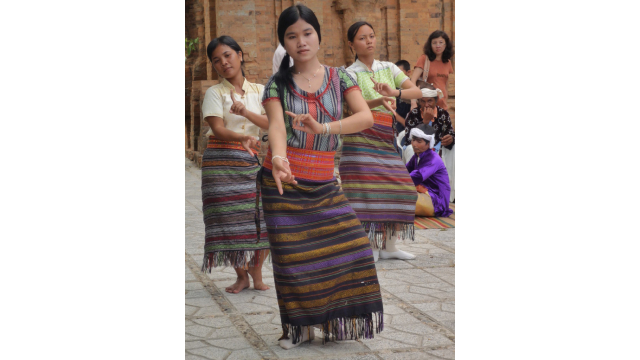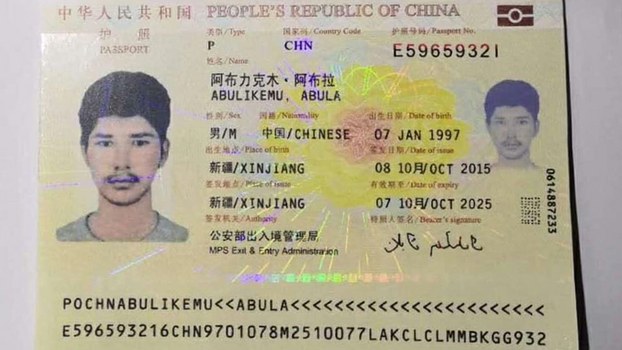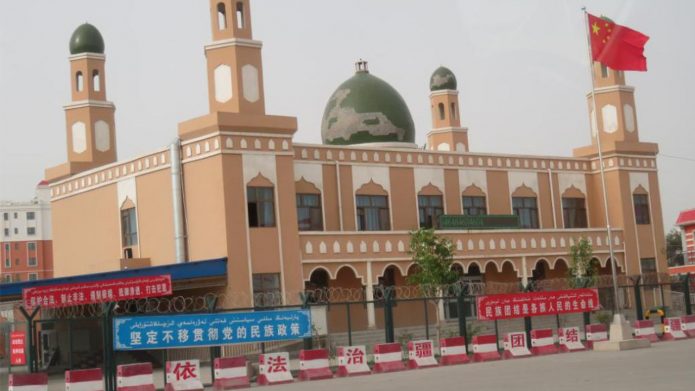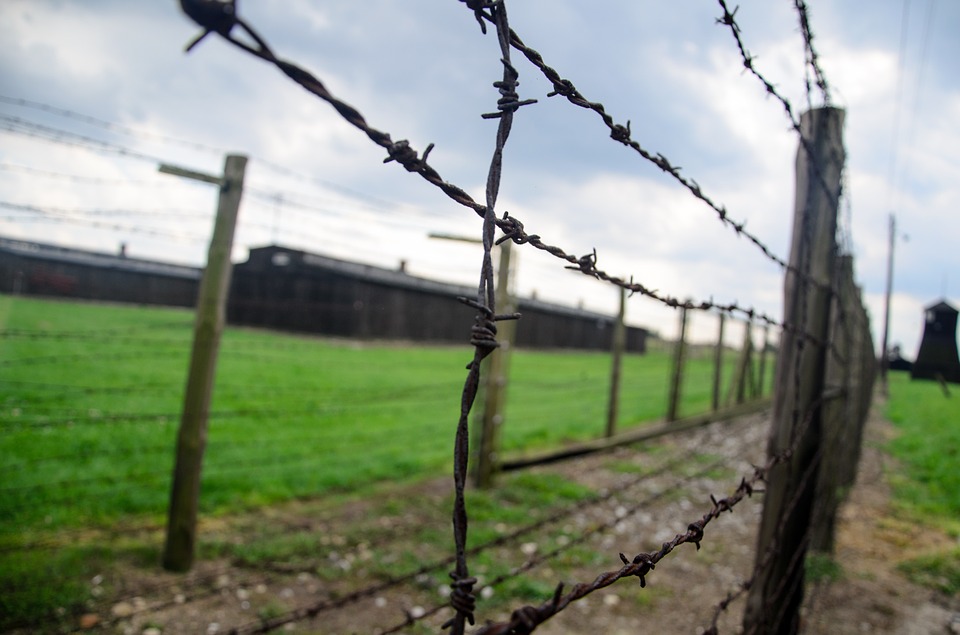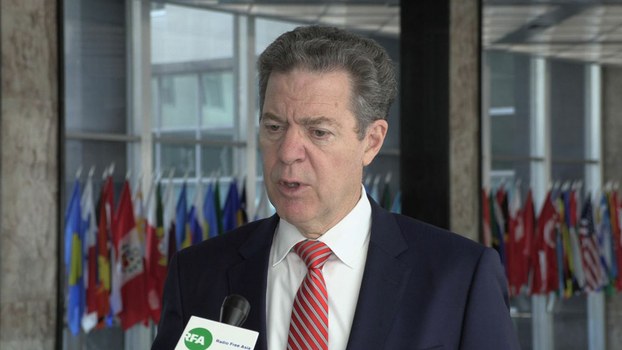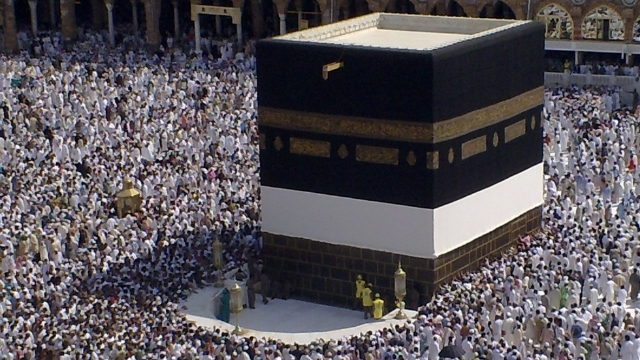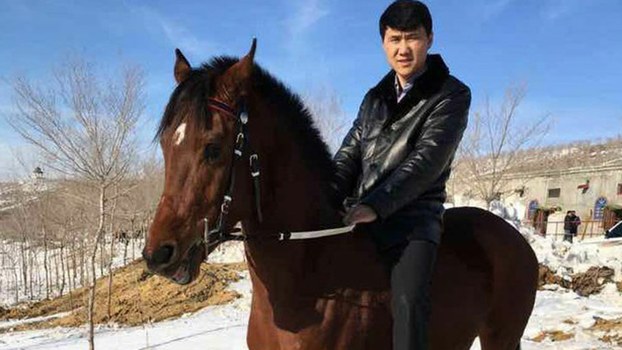China’s regime does not accept believers’ religious choices and punishes them for not saluting the national flag or refusing to sing the country’s anthem.
by Wu Xishan
In May, the police in southeastern China investigated a student for not saluting the national flag during a school flag-raising ceremony. It was later revealed that her mother was a member of Jehovah’s Witnesses, who was later arrested and interrogated about the Church’s ties abroad. Her husband and their daughter were also questioned, and the woman was detained for five days for “disturbing the teaching process.”
According to a church member, Jehovah’s Witnesses don’t align with political ideologies or sing national anthems because of their faith. Nor do they join political organizations, like the Communist Party. Their children also refuse to join China’s League of Young Pioneers and wear its symbol—the red scarf.
These and other similar expressions of “political neutrality” by Jehovah’s Witnesses, including not voting in elections or serving in the army, have landed many believers in trouble with Chinese authorities. Unlike most democratic countries, China does not recognize such peculiarities as this group’s religious liberty and continuously persecutes its members, often regarded as a threat to its political stability.
The indictment by the People’s Procuratorate of Korla city in Xinjiang against 18 Jehovah’s Witnesses in 2019 states that these believers “were advocating and propagating the so-called ‘political neutrality’ and the ideas of not recognizing Chinese traditional culture, not joining the army, not singing the national anthem, refusing military service, not hoisting the national flag, and not participating in elections, etc.”
The same 18 believers were later sentenced to lengthy jail terms for “organizing and using a xie jiao organization to undermine law enforcement.” However, Jehovah’s Witnesses are not included in the CCP’s list of the xie jiao.
Multiple CCP documents issued since last year specifically mention severe crackdowns on Jehovah’s Witnesses to impede their religious activities.
On April 25, the police arrested a Japanese elder of Jehovah’s Witnesses as he was having a dinner meeting at a fellow believer’s home in Inner Mongolia Autonomous Region. According to a local Jehovah’s Witness, 11 Religious Affairs Bureau personnel and police officers stormed into the house and searched the premises. Having ascertained the man’s Japanese identity, officers took him to a police station in handcuffs and shackles for an overnight interrogation. The questioning has not yielded any results, so they ordered the Japanese national to “leave China within a week.”
A believer from Weihai city in the eastern province of Shandong told Bitter Winter that in August last year, a Jehovah’s Witnesses couple from South Korea were arrested while sharing the gospel in the province’s Qingdao city. They were later deported to their country and prohibited from entering China for five years. He also revealed that many South Korean preachers in Qingdao and other cities, like Yantai and Jinan, were forced to leave China, as religious persecution increased in China.
Jehovah’s Witnesses missionaries from abroad are reluctant to leave China regardless of their difficult situation. They often adopt various strict safety measures during gatherings and frequently move to avoid drawing attention to themselves. But with each new CCP’s surveillance measure, involving either citizen vigilantes or high-tech tools, safe spaces for practicing their faith in China become extinct.

Source: Bitter Winter



